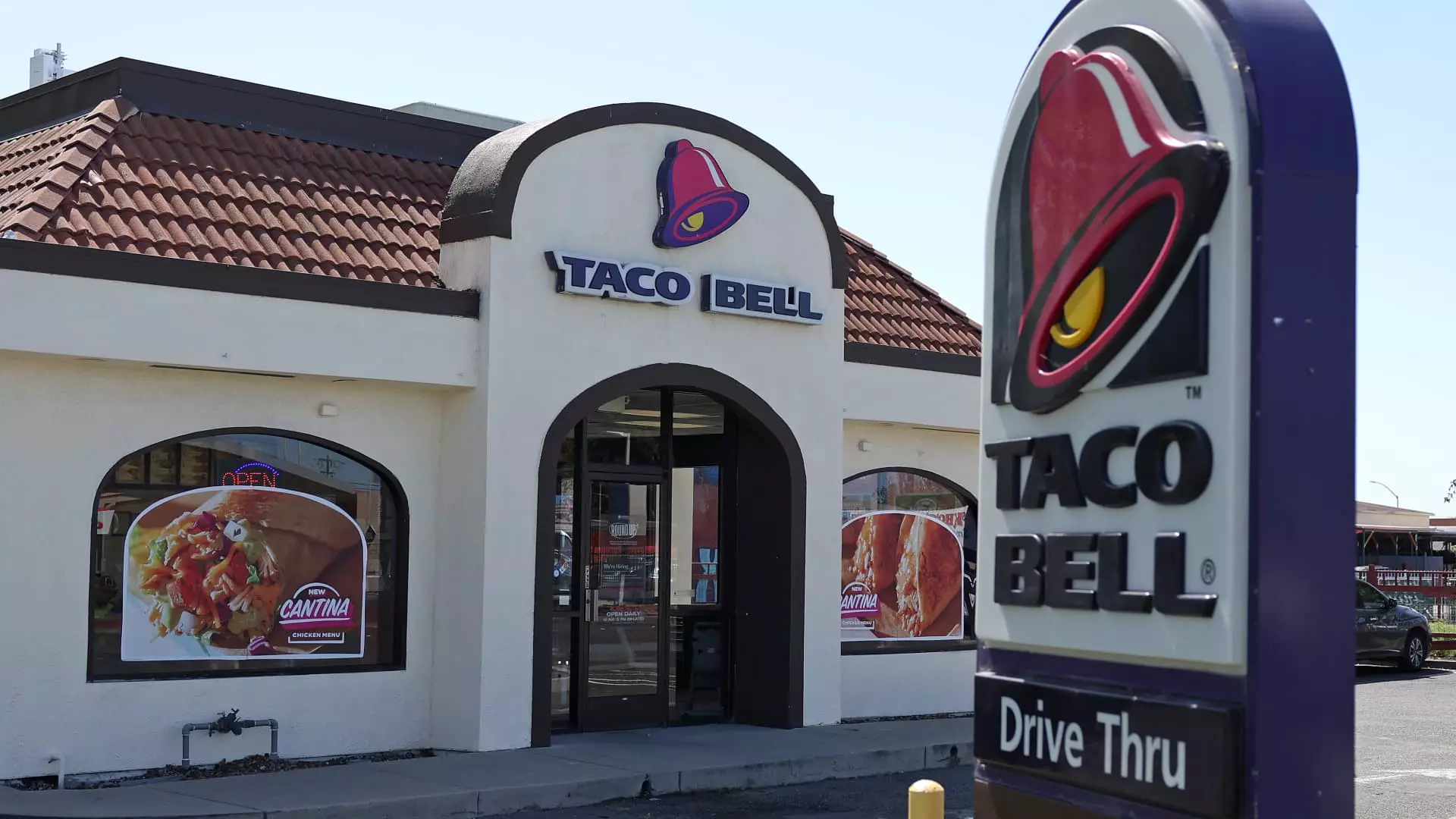The recent E. coli outbreak linked to McDonald’s has triggered swift action from major fast-food chains, with Burger King and Yum Brands (the parent company of Taco Bell, Pizza Hut, and KFC) taking precautionary measures to ensure consumer safety. Rapid responses like these underscore the significance of vigilance in the food service sector—especially when it comes to preventing foodborne illness outbreaks that can jeopardize public health.
E. coli infections are notorious for their severe symptoms and potential fatality, as exemplified by the outbreak that claimed a life and resulted in 49 confirmed cases across ten states. Such public health crises not only impact the affected individuals but also affect the entire food industry and consumer confidence. The measures taken by major chains showcase an awareness of the calamity’s potential ripple effects, as managers strive to prioritize customer safety while maintaining brand reputation.
In light of the outbreak, Yum Brands announced the removal of fresh onions from select locations of its popular chains. The company’s commitment to safety is reflected in its proactive strategy to pull potentially contaminated ingredients. However, Yum’s vague declaration regarding the number of restaurants affected raises questions about transparency and clarity, essential components in crisis management.
The spokesperson emphasized adherence to supplier and regulatory guidance, but the lack of specific details makes it challenging for the public to fully grasp the scale of the situation. It is imperative for companies to act decisively while simultaneously communicating effectively; an unclear response can foster consumer fear or confusion, as patrons may question the safety of their favorite dining spots.
Moreover, it seems that the supply chain intricacies play a significant role in the situation. U.S. Foods, which sourced from Taylor Farms, issued its own onion recall, showcasing the complicated nature of food supply networks. This intertwining sets the stage for understanding how food safety challenges often extend well beyond individual companies, implicating larger industry practices.
Burger King, part of Restaurant Brands International, undertook a careful review of its supply chain and discovered that approximately 5% of its U.S. locations had received onions from the implicated facility in Colorado. Their prudent decision to dispose of these onions illustrates a commendable effort to mitigate risk, despite lacking direct indications of illness or notifications from health authorities.
What stands out in Burger King’s approach is their emphasis on process—employees cut, peel, wash, and slice their onions in-house, suggesting a commitment to food quality and preparation integrity. However, how much can consumers rely on such assurances when faced with potential contamination from suppliers? Companies are obligated to be proactive, but they also need to avoid dwelling in a culture of fear regarding their ingredients.
The proactive sentiment shared by Burger King could also be interpreted as an attempt to regain consumer trust during a precarious time in the fast-food industry. The fear of foodborne illness can be incredibly debilitating, and businesses must navigate these waters carefully, balancing safety practices with public relations.
The recent E. coli outbreak serves as a critical reminder of the vulnerabilities inherent in food supply chains. While chains like McDonald’s attempt to identify root causes—specifically focusing on fresh patties and slivered onions—it’s vital for all food service operations to evaluate their own supply chains and implement strict safety measures.
As the Centers for Disease Control and Prevention continues to investigate the outbreak’s source, the incident highlights the essential need for transparency and accountability in food sourcing. Public confidence cannot exist without assurance of safety, and fast-food chains must collaborate closely with suppliers to ensure compliance with health regulations. Adopting strict tracking and quick recall processes will not only address current crises but also pave the way for a more robust framework for food safety in the industry.
The food service industry’s response to outbreaks like this one illustrates critical lessons in crisis management, transparency, and the overarching need for rigorous safety protocols. As history has shown, consumer trust is fragile; both Burger King and Yum Brands must navigate these challenges skillfully to maintain their standing in an increasingly health-conscious market.

